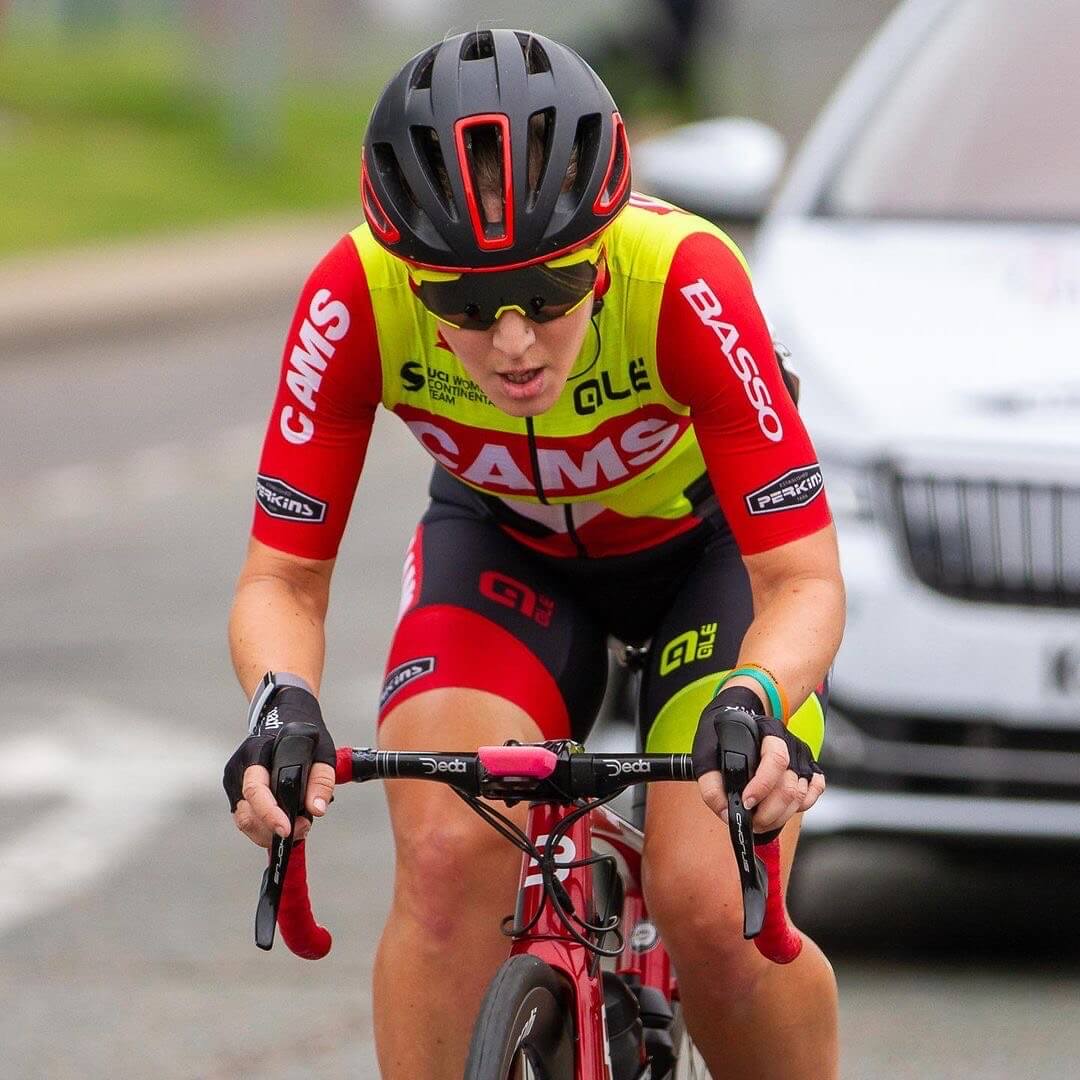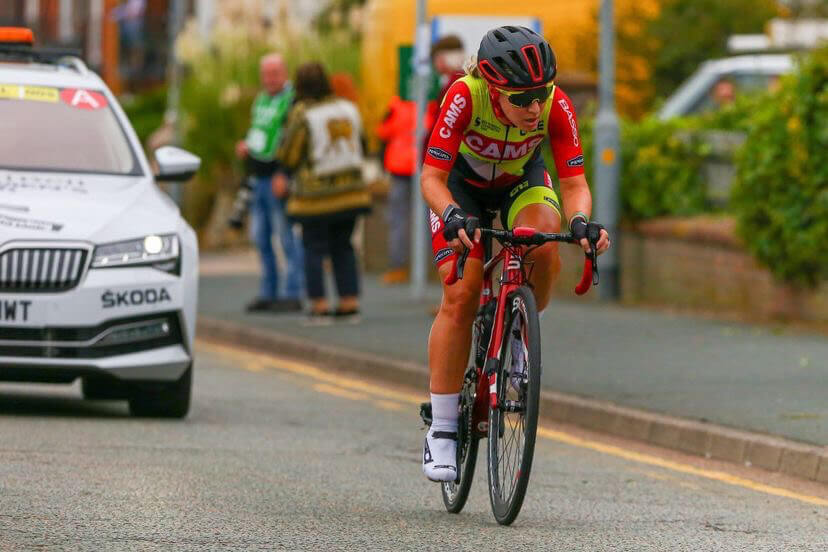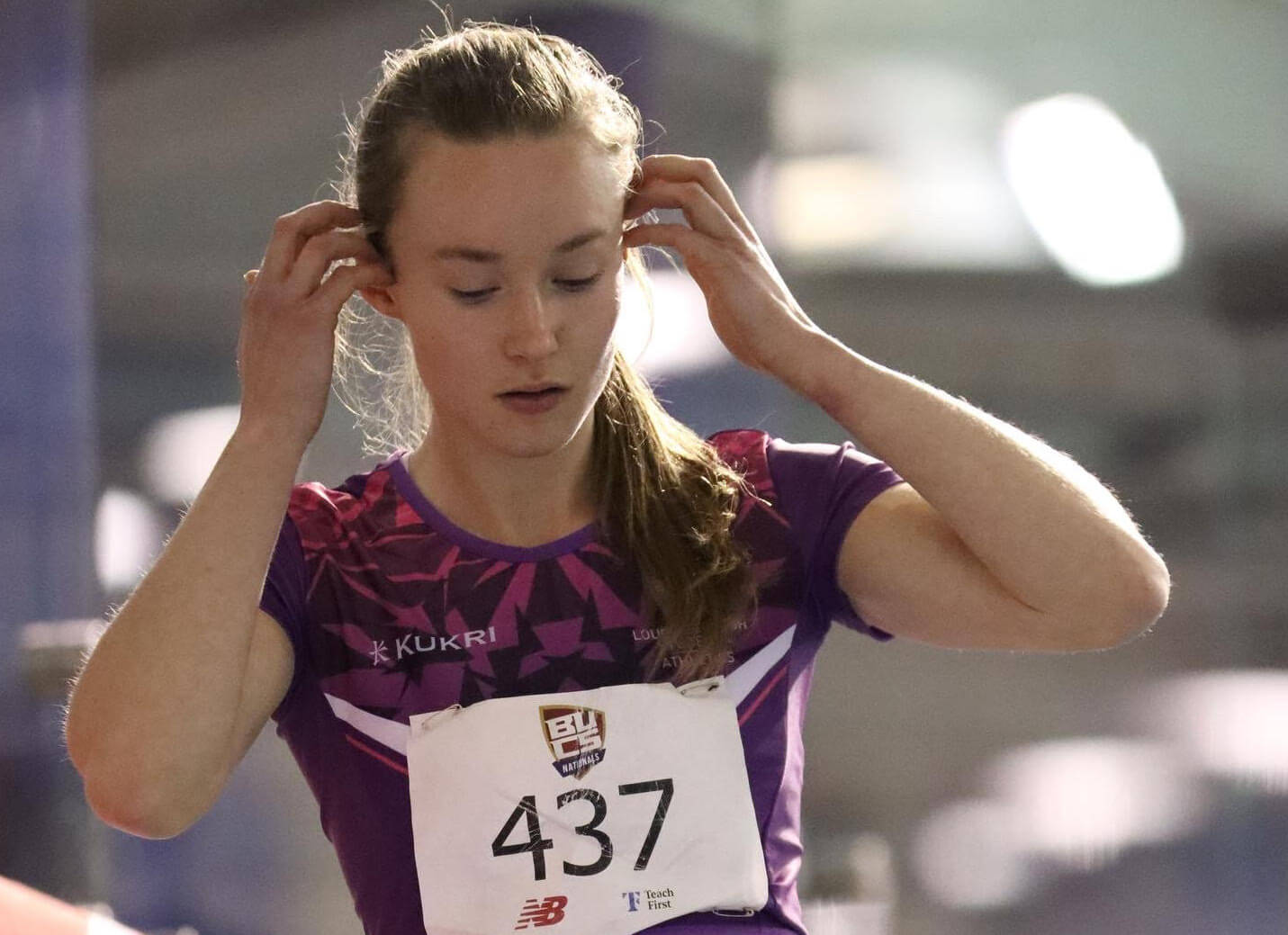
Triathlon
What Makes the Professionals Different?
There’s no denying being a professional athlete takes dedication, hard work and sacrifice but amongst all of that are some sessions, secrets and snippets of information that give them the ‘edge’ (excuse the pun). We spoke to some of our Edge professional athletes about the simple things that help them perform at their best. Be it sessions that push them past what they thought possible, or exact hours of recovery needed night in, night out.
1 min read
Published on
October 16, 2023
Written by
EDGE
Share this article
5 TIPS FROM THE PROS:
1. LISTEN TO YOUR BODY
Professional cyclist Hayley Simmonds thinks this is the number one thing she has learnt over the years:
“As athletes, we are actually pretty in tune with our bodies but don’t necessarily always take the advice we would give to others. If you think you’re coming down with something or are overly tired then pay attention to that; take note of your morning resting HR, focus on how you’re feeling and take more rest. I personally am really bad at resting when I need it and always try to “push through” and continue with training but that’s normally the wrong thing to do! Training quality will be lower and ultimately recovery time will be longer.”
It’s not always the best idea to keep pushing through. Just one extra rest day this week might make the difference in getting you back on track. If you aren’t sure why you feel tired or aren’t performing to your best try an Edge blood test. Biomarkers such as cortisol or vitamin D could indicate the reasons why.
2. SLEEP IS AS IMPORTANT AS TRAINING/NUTRITION
“It’s taken me a long time to fully appreciate the wonders of sleep and to be honest I’m still bad at getting enough but I can’t stress how crucial sleep (quantity and quality) is for getting the most out of training and performing at your best” – Hayley Simmonds.
Athletes who don’t give this element enough attention are at risk of losing aerobic endurance, and may even experience small changes in hormones which can lead to high levels of cortisol (the stress hormone) and a decrease in human growth hormone, which is active during tissue and muscle repair.
But some of you like Hayley may struggle to get enough sleep. How can you enhance your quality of sleep?
-
Aim to go to bed at a similar time each night.
-
Keep the temperature of your room cool.
-
Avoid caffeine before bed.
-
Keep your room dark by turning the lights off any avoid using electrical screens just before bed. The blue light emitted from devices has been shown to suppress the release of hormones that help to induce sleep. Why not read a book instead?

3. KEY SESSIONS
If you focus on the key sessions you are sure to reap the benefits. For a triathlete this might be a critical brick session, or as a runner it might be a specific interval session.
Natasha puts her recent success at BUCS down to a few key sessions she did in the build up to the event.
“At BUCS I had a heat on the Saturday, then a semi, final and relay on the Sunday. My more endurance and lactic tolerance sessions definitely helped me have the strength to get faster with every round and have confidence that my strength was there. One of my favourite but most painful sessions which really helped me prepare for this is 5x300m.”
Make one of your sessions per week non-negotiable. If you get that one ticked off each week then fitness and improvements will soon come, and you will feel more ready come race day.
4. EMBRACE THE GOOD AND BAD DAYS
Hayley Carruthers, GB marathon runner says “Embrace the good days and the bad days, you can’t expect to feel good all the time”. Not every session will go to plan, but that’s all part of the process. Even the pros don’t do it right all the time. Take the positives and negatives from a session that didn’t go to plan and learn from it for the next one.
For example if your nutrition didn’t quite go down well, try something different next time.
5. STAY FOCUSED
In the days or weeks leading up to a race focus on the simple things, for example sleep, food and preparation. You might have extra time which you would normally use for training so get the Netflix recommendations ready or start a new book. Keep the mind relaxed and the body will follow.
Natasha: “In the days before a competition I like to focus on getting into a good sleep routine and having naps after sessions to ensure that my body is recovering well. I will generally sleep for around 10 hours in the days leading up to a race. I generally like to follow a good sleep routine anyway to recover from sessions, but during race periods I like to ensure that I make more of an effort to nap and prioritise resting more.”
Learn more from our professional athletes.

Blood test for
Female Triathlete
19 Biomarkers Included
sports doctor review
Results in 2 working days
Flexible subscription
Medically Reviewed

This article has been reviewed by our medical expert
Our expert Dr Thom Phillips works in NHS general practice and has a decade of experience working in both male and female elite sport. He has a background in exercise physiology and has published research into fatigue biomarkers.
Get 10% off your first order
Want regular tips on how to make the most of your results? Join our newsletter and we'll give you 10% off your order!
